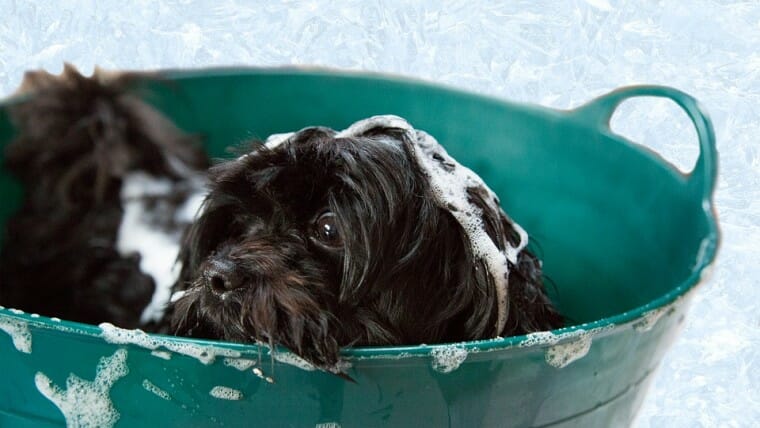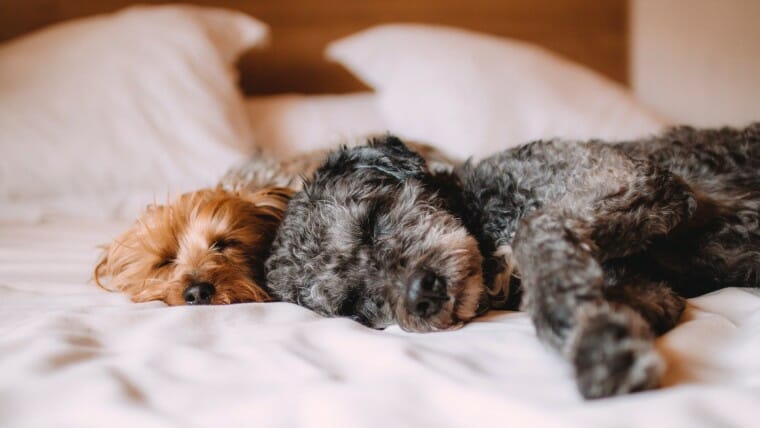Techniques to Prevent and Redirect Unwanted Behaviors
Welcoming a new puppy into your home is an exciting and joyful experience. However, along with the cuteness and fun comes a few challenges, one of which is dealing with biting and chewing. These behaviors are natural for puppies, but it’s essential to guide them to understand what is and isn’t acceptable.
Why Do Puppies Bite and Chew?
Puppies bite and chew for several reasons:
Teething
Just like human babies, puppies go through a teething phase where their gums can be sore, and chewing helps to alleviate the discomfort.
Exploration
Puppies explore the world with their mouths. They use their mouths to understand their environment.
Play
Biting is a natural part of how puppies play with each other. It’s their way of interacting and having fun.
Attention-Seeking
Sometimes, biting can be a way for puppies to get your attention.
Understanding why your puppy is biting or chewing is the first step in managing and redirecting these behaviors effectively.
Techniques to Prevent and Redirect Biting and Chewing
-
Provide Appropriate Chew Toys
- Ensure your puppy has a variety of chew toys that are safe and appropriate for their size and age. Rotate the toys to keep your puppy interested.
-
Teach Bite Inhibition
- When your puppy bites too hard during play, make a high-pitched yelp and stop playing for a few moments. This mimics how puppies communicate with each other and teaches them to be gentle.
-
Use Positive Reinforcement
- Reward your puppy with treats, praise, or play when they chew on appropriate items or play gently. Positive reinforcement encourages them to repeat the desired behavior.
-
Redirect to Acceptable Chew Items
- If you catch your puppy chewing on something inappropriate, calmly redirect them to a suitable chew toy. Praise them once they start chewing on the correct item.
-
Establish a Routine
- Create a structured routine that includes regular playtime, training, and exercise. A tired puppy is less likely to engage in destructive chewing or biting.
-
Avoid Rough Play
- Avoid games that encourage biting, such as tug-of-war or wrestling. Instead, opt for games that promote positive interactions, like fetch.
-
Use Bitter Sprays
- Apply bitter-tasting sprays to furniture or items you want to protect. These sprays are safe for pets and can deter your puppy from chewing on these items.
-
Teach the “Leave It” Command
- Training your puppy to understand and obey the “leave it” command can help prevent them from chewing on inappropriate objects. Start with treats and gradually move to other items.
-
Supervise and Puppy-Proof Your Home
- Until your puppy is fully trained, supervise them closely and keep valuables or dangerous items out of reach. Puppy-proofing your home can prevent accidents and unwanted chewing.
-
Seek Professional Help if Needed
- If biting and chewing persists despite your best efforts, consider seeking help from a professional dog trainer or behaviorist. They can provide personalized strategies tailored to your puppy’s needs.
Conclusion
Dealing with puppy biting and chewing requires patience, consistency, and understanding. By providing appropriate outlets for your puppy’s natural behaviors and using positive reinforcement, you can guide them towards acceptable habits. Remember, every puppy is different, and what works for one may not work for another, so be flexible and persistent in your training efforts. With time and effort, your puppy will learn to chew and play appropriately, making your home a happier and more harmonious place. When your puppy is ready for daycare or boarding, come visit us at Puppy Play and Stay!


